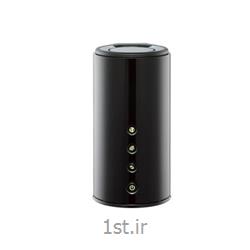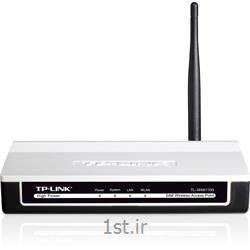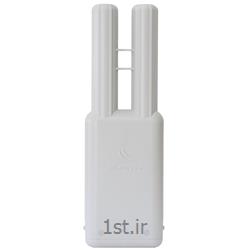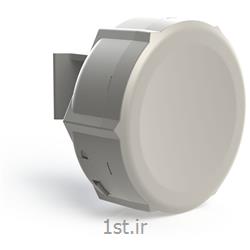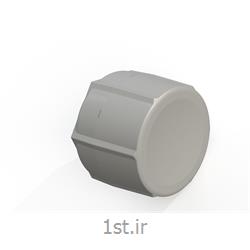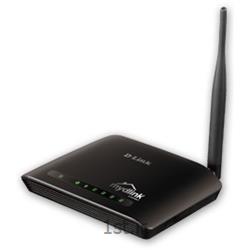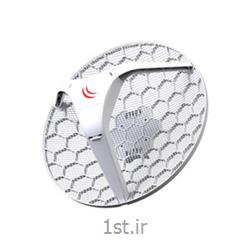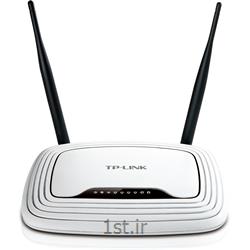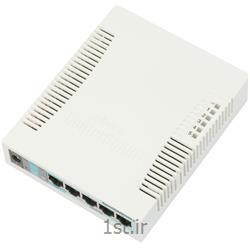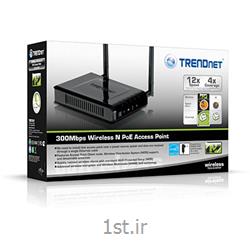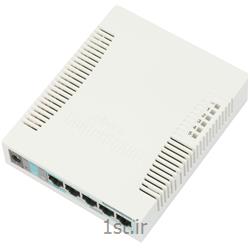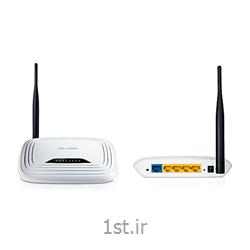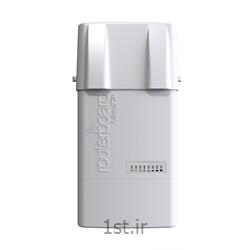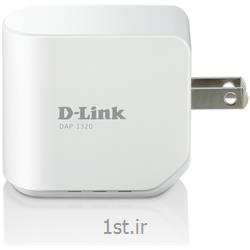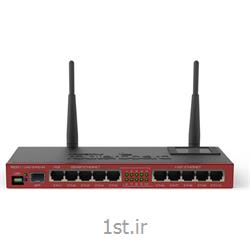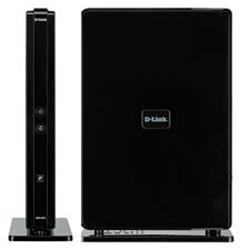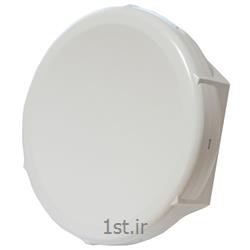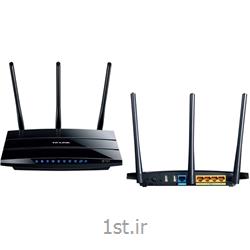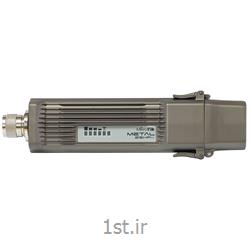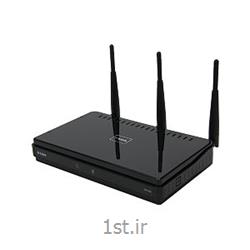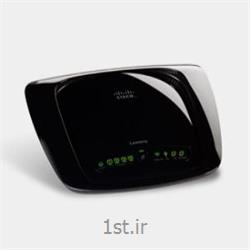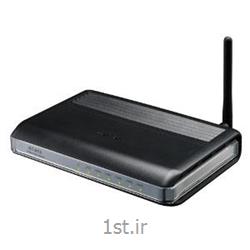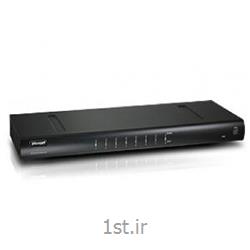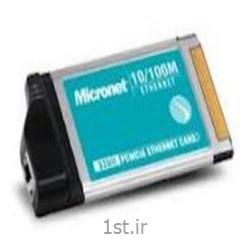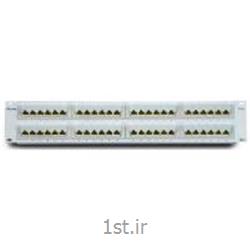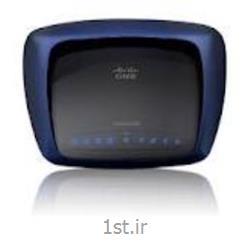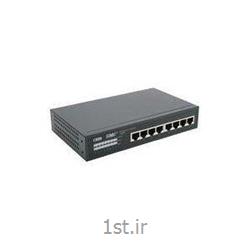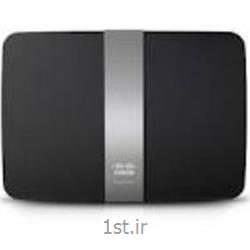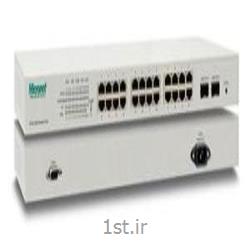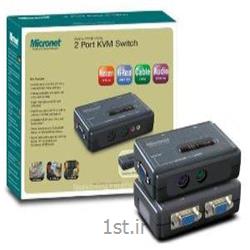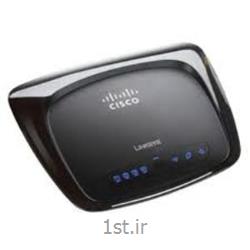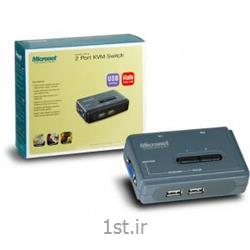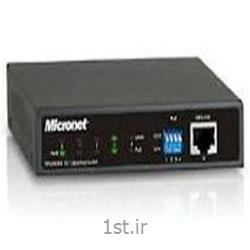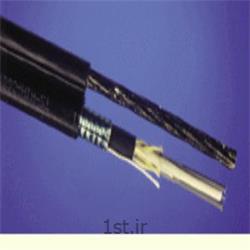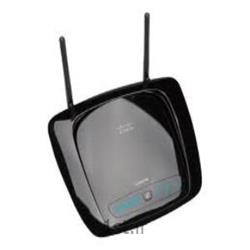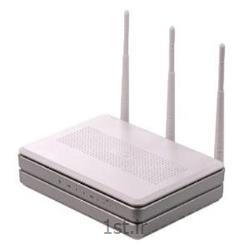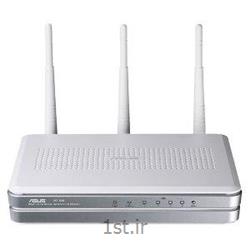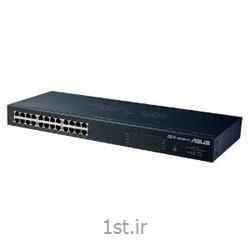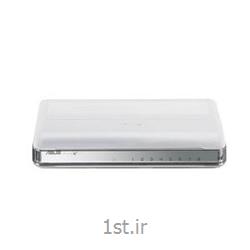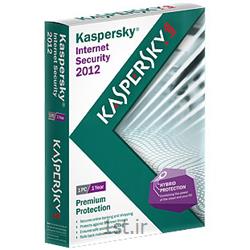Advanced, High-Performance Wireless Access for the Small Business
Highlights
• Supports high-bandwidth applications with the 802.11n standard; backward compatible with 802.11b and g devices
• Connects to Power over Ethernet devices, simplifying installation and eliminating the need for and cost of installing external power supplies
• Protects business information with enhanced security, including rogue access point detection, advanced encryption, and select access filters
• Simplifies installation and configuration with easy-to-use web interface
Product Overview
With the growth of high-bandwidth applications, such as storage and video, in the workplace, network performance is essential. Wireless technology is no longer lagging behind wired performance. The Cisco® WAP4410N Wireless-N Access Point (Figure 1) answers the growing business need for access, speed, and security.
The Cisco Wireless-N Access Point lets you connect Wireless-N (802.11n), Wireless-G (802.11g), and Wireless-B (802.11b) devices to your wired network, so you can add PCs to the network with no cabling hassle. Power over Ethernet (PoE) support makes the access point easy to install - you can mount it anywhere, even without ready access to a power plug. With appropriate PoE support at the other end, you need to run only one cable to the access point to deliver both data and power. Of course, you can also use the included AC adapter if power is available nearby.
Moreover, the integrated quality of service (QoS) features provide consistent voice and video quality on both the wired and wireless networks, enabling the deployment of business-quality voice over IP (VoIP) and video applications.
To protect your data and privacy, the Cisco Wireless-N Access Point supports the industrial-strength wireless security of Wi-Fi Protected Access (WPA), encoding all your wireless transmissions with powerful encryption. The MAC address filter lets you decide exactly who has access to your wireless network, and advanced logging keeps you apprised of access attempts. The rogue access point detection capability notifies the administrator when an unauthorized access point is detected in the airspace. The WPS (Wi-Fi Protected Setup) feature facilitates simple and secure deployment of security in the wireless network. Configuration is a snap with the web browser-based configuration utility.
The Cisco WAP4410N Wireless-N Access Point is the best way to add wireless access to your existing business network.
Features
• Draft 802.11n wireless networking delivers greater throughput and extended range, maximizing the number of wireless clients per access point for your small business
• Easy installation and configuration via a web interface
• Adjustable and removable dipole antennas with multiple-input, multiple-output (MIMO) 3x3 diversity
• Gigabit Ethernet LAN interface
• Supports PoE and external DC power
• HTTP Redirect facilitates the display of a splash page on initial user access
• IPv6 host support for managing the access point over IPv6
• Multiple basic service set identifier (BSSID) support allows the creation of multiple secure wireless workgroups for users and guests
• Service set identifier (SSID) to VLAN mapping maintains application security and quality across wireless and wired
• WPS allows for simple and secure deployment of the wireless network
• Logging via syslog, email, or local log
• Wi-Fi Multimedia (WMM) wireless QoS support
Specifications
Table 1 lists the specifications, package contents, and minimum requirements for the Cisco WAP4410N Wireless-N Access Point.
Table 1. Specifications for the Cisco WAP4410N Wireless-N Access Point: PoE/Advanced Security
|
Specifications
|
|
Standards
|
Draft IEEE 802.11n, IEEE 802.11g, IEEE 802.11b, IEEE 802.3, IEEE 802.3u, IEEE 802.3af (Power over Ethernet), 802.1x (security authentication), 802.11i security WPA/WPA2, WMM
|
|
Ports
|
Ethernet, Power
|
|
Buttons
|
Reset
|
|
Cabling type
|
Unshielded twisted pair (UTP) Category 5e or higher
|
|
LEDs
|
Power, Ethernet, Wireless, PoE
|
|
Operating system
|
Linux
|
|
Setup/Configuration
|
|
Web user interface
|
Built-in web user interface for easy browser-based configuration (HTTP/HTTPS)
|
|
Management
|
|
Simple Network Management Protocol (SNMP) version
|
SNMP version 1, 2c
|
|
Event logging
|
• Event logging
• Email logging
• Remote syslog
|
|
Web firmware upgrade
|
Firmware upgradeable through web browser
|
|
Diagnostics.
|
Flash, RAM, LAN, WLAN
|
|
Dynamic Host Configuration Protocol (DHCP)
|
DHCP client
|
|
HTTP Redirect
|
Redirects initial user access to an external web server to display company logo or network usage policy
|
|
IPv6 host
|
• Support for management and control of access point over IPv6
• Supports RFC2460 (IPv6 protocol) and RFC4294 (IPv6 node requirements)
|
|
Network Capabilities
|
|
Multiple BSSID
|
Supports up to 4 BSSIDs, allowing the creation of multiple virtual access points
|
|
VLANs
|
Supports 802.1q - up to 4 VLANs
|
|
SSID to VLAN mapping
|
Supports mapping of SSIDs to VLANs to securely separate workgroups across wireless and wired domains
|
|
Spanning Tree
|
Supports 802.1d Spanning Tree Protocol to prevent loops when using wireless distribution system (WDS) links as redundant links in a distribution system
|
|
Operating modes
|
Access point mode, point-to-point bridge mode, point-to-multipoint bridge mode, repeater mode, wireless client mode
|
|
Load balancing
|
Allows bandwidth control with user-defined CPU usage ratios
|
|
Auto-channel selection
|
On boot-up, the access point selects the least congested channel
|
|
802.11d regulatory domain
|
Enables the access point to provide radio channel settings for client devices, facilitating easy client access as they move across regulatory domains
|
|
Security
|
|
WEP/WPA/WPA2
|
Wired Equivalent Privacy (WEP) 64-bit/128-bit, WPA-Pre-Shared Key (WPA-PSK), WPA2-PSK, WPA-ENT, WPA2-ENT
|
|
Access control
|
Wireless connection control: MAC-based
|
|
SSID broadcast
|
SSID broadcast enable/disable
|
|
Client isolation
|
Supports wireless client isolation between and within SSIDs
|
|
802.1X
|
Wireless clients can be authenticated through IEEE 802.1X
|
|
802.1X supplicant
|
Supports 802.1X supplicant on the Ethernet port to allow the access point to authenticate itself to the network
|
|
RADIUS server
|
Up to 2 RADIUS servers can be configured for redundancy purposes
|
|
WPS
|
Supports WPS, a WI-FI Alliance specification for simple and secure setup of a wireless network
|
|
Rogue access point detection
|
New access points detected that have not been categorized as known are logged as rogue access points, allowing the administrator to clamp down on unapproved devices in the network
|
|
Quality of Service
|
|
QoS
|
• 4 queues
• 802.1p VLAN priority
• WMM wireless priority
• Mapping of 802.1p VLAN priority to WMM wireless priority to maintain end-to-end QoS
|
|
Wireless
|
|
Spec/modulation
|
Radio and modulation type: 802.11b/DSSS, 802.11g/OFDM, 802.11n/OFDM
|
|
Channels
|
Operating channels: 11 North America, 13 most of Europe (ETSI and Japan)
|
|
Internal antennas
|
None
|
|
External antennas
|
3 (omnidirectional)
|
|
Transmit power
|
Transmit power @ normal temp range for FCC:
802.11b: 16 dBm @ 1TX, 19 dBm @ 2TX, 20.5 dBm @ 3TX
802.11g: 13 dBm @ 1TX, 16 dBm @ 2TX, 17.5 dBm @ 3TX
802.11n: 17 dBm @ 1TX @ MCS0~5/8~13, 13 dBm @ 1TX @ MCS6/14,
11 dBm @ 1TX @ MCS7/15, 20 dBm @ 2TX@MCS0~5/8~13,
16 dBm @ 2TX @ MCS6/14, 14 dBm @ 2TX @ MCS7/15,
21.5 dBm @ 3TX@MCS0~5/8~13, 17.5 dBm @ 3TX @ MCS6/14,
15.5 dBm @ 3TX @ MCS7/15
Transmit power @ normal temp range for ETSI:
11b/g/n: 13 dBm @ 1TX, 16 dBm @ 2TX, 17.5 dBm @ 3TX
|
|
Antenna gain in dBi
|
2
|
|
Receiver sensitivity
|
802.11.n: 300 Mbps at -69dBm
802.11.g: 54 Mbps at -73dBm
802.11.b: 11 Mbps at -88dBm
|
|
Environmental
|
|
Dimensions
W x H x D
|
6.69 x 6.69 x 1.60 in.
(170 x 170 x 40.7 mm)
|
|
Weight
|
0.86 lb (39 kg)
|
|
Power
|
• 12V 1A DC input, and IEEE 802.3af compliant PoE
• Max power draw: 10.1W
|
|
Certification
|
FCC, CE, IC
|
|
Operating temperature
|
32° to 104°F (0° to 40°C)
|
|
Storage temperature
|
-4° to 158°F (-20° to 70°C)
|
|
Operating humidity
|
10% to 85%, noncondensing
|
|
Storage humidity
|
5% to 90%, noncondensing
|
|
Package Contents
|
|
• Cisco WAP4410N Wireless-N Access Point with PoE
• User guide on CD-ROM
• Ethernet network cable
• Power adapter
• Product stands
• Registration card
|
|
Minimum Requirements
|
|
• 802.11b, 802.11g, 802.11n wireless adapter with TCP/IP protocol installed per PC
• Switch/router with PoE support or PoE injector when used with PoE
• Web-based configuration: Java-enabled web browser
|
|
Product Warranty
|
|
Limited lifetime hardware warranty with return to factory replacement.
|










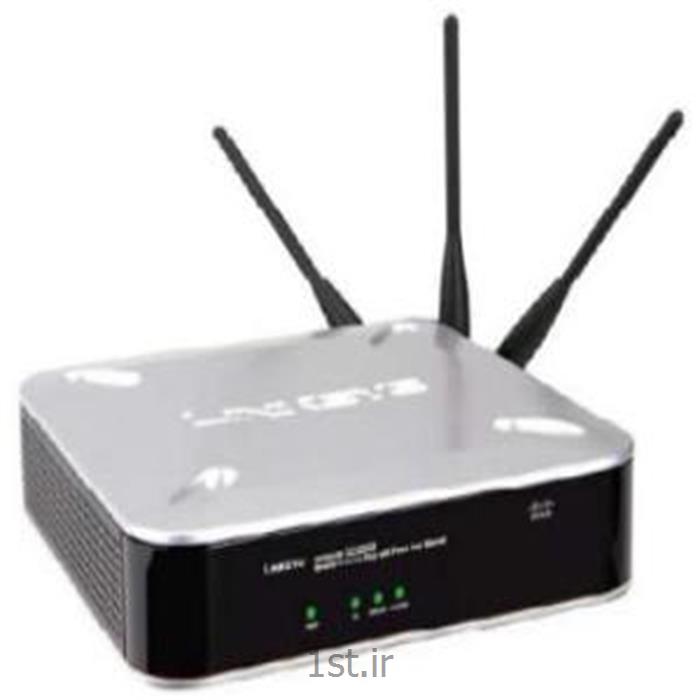





 ضمانت سلامت فیزیکی
ضمانت سلامت فیزیکی ضمانت اصالت کالا
ضمانت اصالت کالا